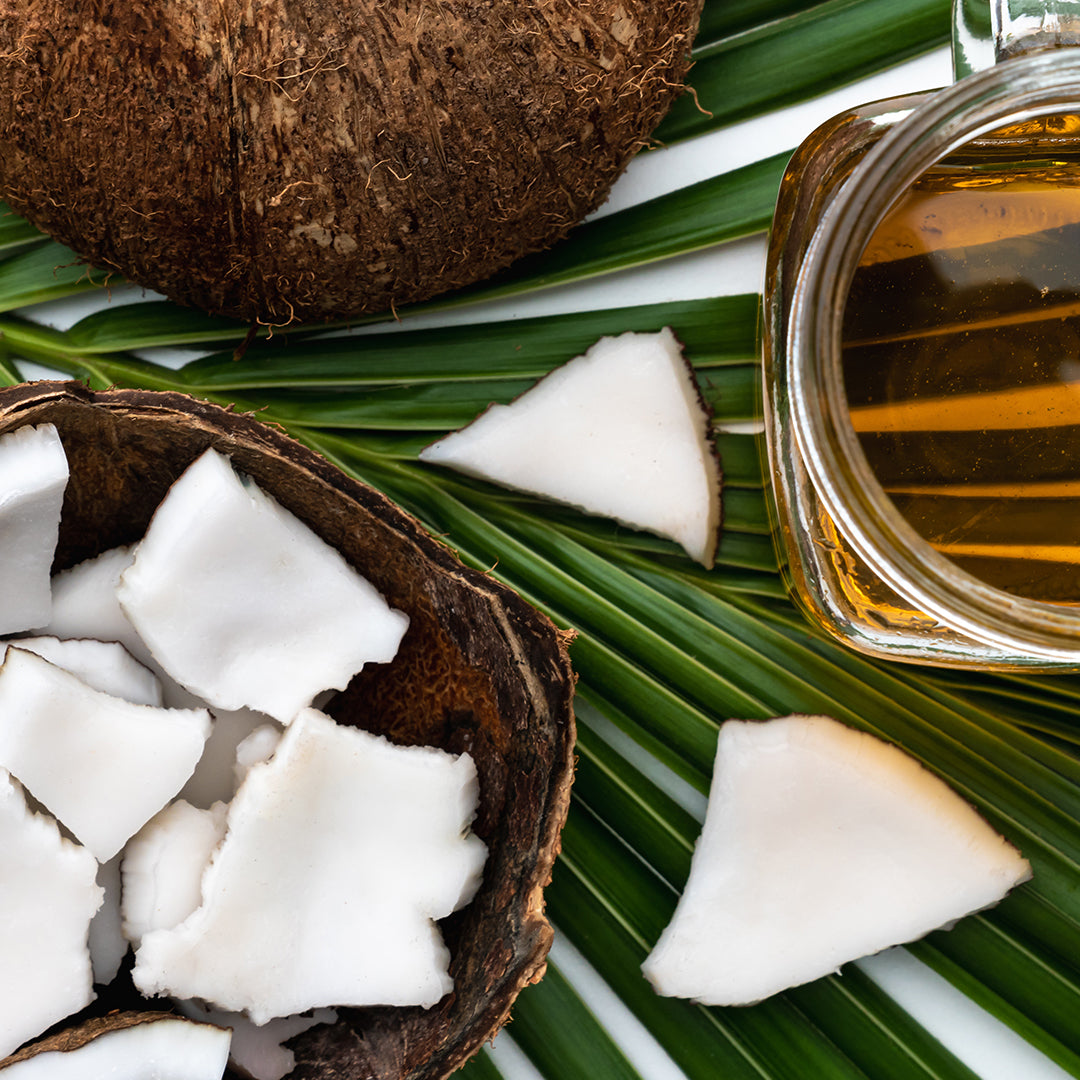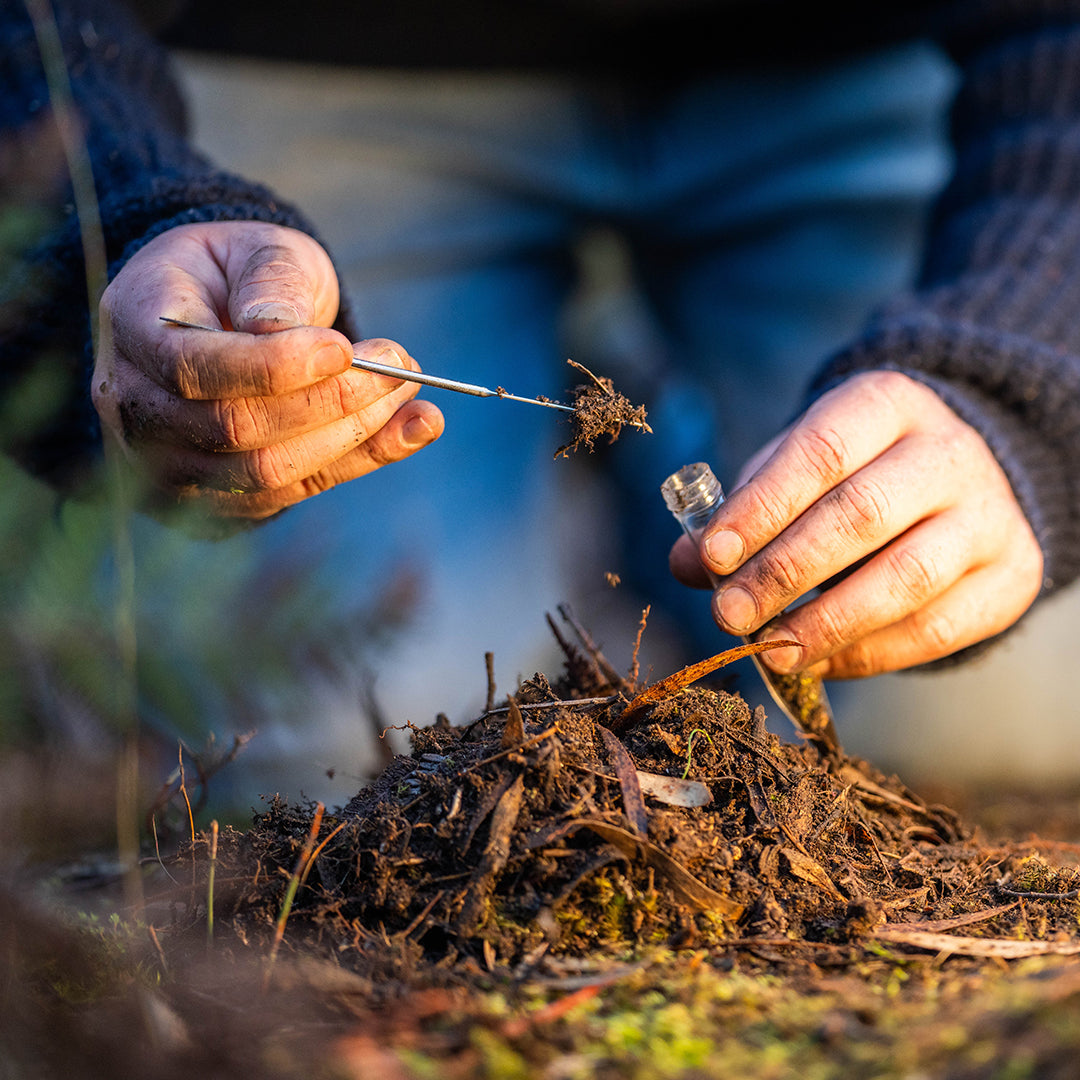What Does Sustainably Sourced Mean?
Let’s be honest, “sustainability” is everywhere. It’s printed on product labels, tossed into brand taglines, and whispered through marketing emails like a badge of honour. But what does it actually mean when something is “sustainably sourced”?
In the simplest terms: it means that a resource is harvested at a rate that allows it to naturally regenerate—without depleting the environment, harming people, or compromising the future. But real sustainable sourcing goes beyond ingredients. It’s about ethical supply chains, fair labour, and long-term accountability that prioritises both people and planet.
This isn’t a trend. It’s the baseline.
Defining Sustainable Sourcing
Environmental Responsibility
A product can’t be truly sustainable if it compromises the planet to exist. That’s why sustainable sourcing aims to minimise environmental impact, conserve natural resources, and reduce carbon emissions across every stage of the product lifecycle.
Think of it like a closed loop: if you're taking something from the Earth—whether it’s a raw material like coconut oil or a botanical extract—you have to give something back. That could be supporting climate change mitigation, choosing renewable ingredients, or protecting biodiversity where those materials grow.
For us, it means building every formula from ingredients that don’t just perform beautifully—they’re sourced responsibly, too.
Social and Ethical Considerations
A supply chain isn’t just logistics. It’s people.
Ethical sourcing means tracing ingredients back to their origin and ensuring that everyone along the way—farmers, producers, makers—is treated with dignity and respect. That includes fair labor practices, safe working conditions, and protecting human rights, especially in local communities vulnerable to exploitation.
At Ethique Beauty, that means working directly with cooperatives (like Women in Business Development in Samoa), paying fair prices, and ensuring our partners are supported—not squeezed.
Because environmental and social responsibility should always go hand in hand.
Economic Viability
Sustainability also has to be sustainable for the people growing, harvesting, and producing ingredients. That’s why we support sustainable suppliers and invest in partnerships that promote economic resilience, not just short-term gains.
By choosing ethical practices over shortcuts, we help shift market share toward businesses that value transparency and build brand reputation through action, not greenwashing.
It’s not about perfection—it’s about continuous improvement, from soil to shelf.
Why Sustainable Sourcing Matters in Beauty
The beauty industry has long relied on extractive practices: palm oil from deforested land, plastic packaging, and ingredients with murky supply chains. And consumers are noticing.
Today’s conscious customer wants more than promises—they want proof. They want to know where their ingredients come from, how they were harvested, and who’s benefiting. More importantly, they want their purchases to reflect their values.
And the shift is happening. Sustainable sourcing is helping beauty brands reduce their carbon footprint, lower environmental impact, and respond to the realities of climate change—without sacrificing performance or luxury.
It’s no longer just about what’s in the product. It’s about what’s behind it.
Our Commitment to Sustainable Sourcing
We don’t just talk sustainability—we build our entire business around it. That starts with ingredients and extends all the way through production, packaging, and purpose.
Clean Ingredients
Every bar we make starts with high-quality raw materials that meet strict EU safety standards, selected for both efficacy and ethics. We’re always refining our sustainability practices to ensure what we source is renewable, non-GMO, and low-impact.
We avoid ingredients that compromise the environment (like unsustainable palm oil), and we prioritise suppliers who align with our mission.
Our Supply Chains
We’ve designed our supply chain to be as transparent as possible—from soil to skin. That means working with farmers and cooperatives directly, choosing partners who uphold ESG standards, and continuously improving our sustainable supply chain through auditing and traceability.
Our approach to sustainable procurement isn’t about box-ticking. It’s about real relationships, built on trust and mutual respect.
Environmental Initiatives
Plastic-free isn’t a trend for us—it’s foundational. We’ve prevented over 34 million plastic bottles from being made and disposed of, thanks to our home-compostable packaging.
We’re a carbon neutral company, we measure and reduce our carbon emissions, and we design every product to minimise climate change impact—not add to it.
Every bar is proof that beauty can be a force for good.
Certifications and Standards
We believe in third-party proof. Ethique Beauty is proudly a Certified B Corp, which means we meet rigorous standards across social, environmental, and governance criteria.
Our certifications speak for themselves:
-
B Corp
-
Climate Neutral
-
Certified Vegan
-
Cruelty-Free
We’re also working to expand sourcing partnerships that support Forest Stewardship Council principles, especially around paper and cardboard inputs.
Because accountability matters.
How Consumers Can Identify Sustainably Sourced Products
Not sure how to spot greenwashing from the real thing? Start here:
-
Check for third-party certifications (B Corp, Fair Trade, FSC, Climate Neutral)
-
Look for brands that disclose their supply chain practices and sourcing partners
-
Ask questions. Brands that are proud of their impact will be happy to tell you more
-
Consider the packaging. Is it recyclable? Compostable? Or destined for landfill?
-
Support brands that invest in ethical sourcing and long-term change
Every dollar is a vote. And your voice? It’s more powerful than you think.
So, what does sustainably sourced mean? It means asking better questions. Choosing brands who care about their ingredients, their people, and their impact. Supporting environmental and social responsibility, not just surface-level claims.
Curious about what that looks like in action?
Read our 2024 Impact Report for the full breakdown of our progress, partnerships, and planet-first goals.

 Impact
Impact Blog
Blog Store Locator
Store Locator

